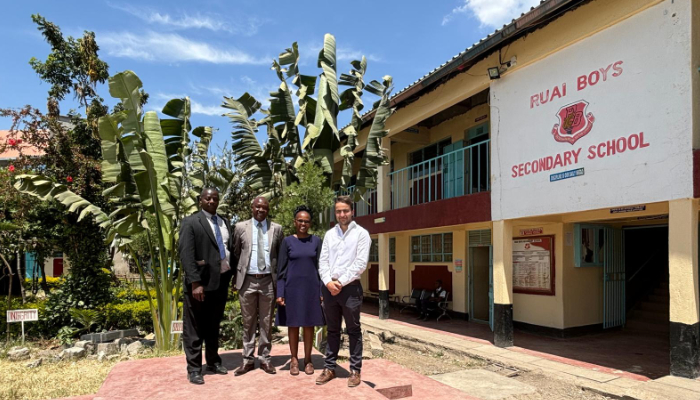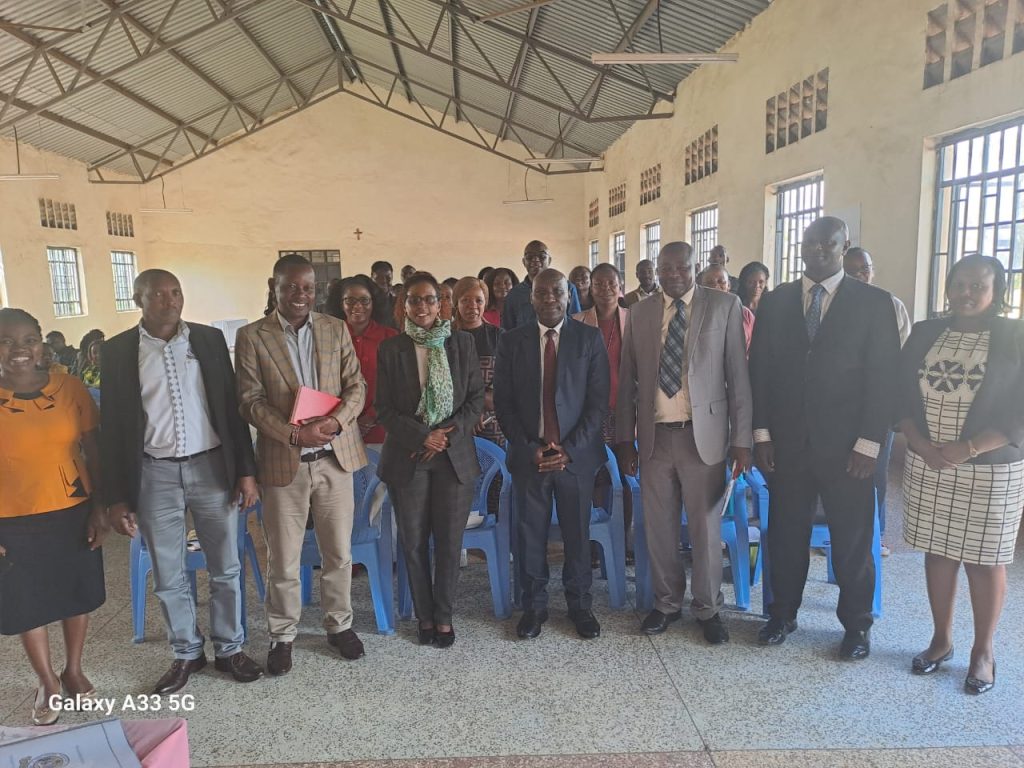The Centre for Character and Leadership was awarded the Strategic Initiative Development (SID) grant by the Association for Moral Education.
The grant is meant to support a research dissemination workshop for school leaders as moral leaders and policy makers on Cultivating Virtues for Leadership (CViL). The CViL program was piloted in Kenya for a period of three years involving school Principals and teachers from 31 Secondary Schools located in 16 Counties across the country.
Also, SID grant will support in organizing and hosting Coaching and Mentorship Speaker Series that are geared towards empowerment of school leaders on Servant leadership, Character Education and human flourishing.
The Coaching and Mentorship Speaker Series will be facilitated in collaboration with various local education stakeholders, CViL developers from the Center for Character and Citizenship, University of Missouri -St. Louis, and education researchers from the Centre for Research in International and Comparative Education.




